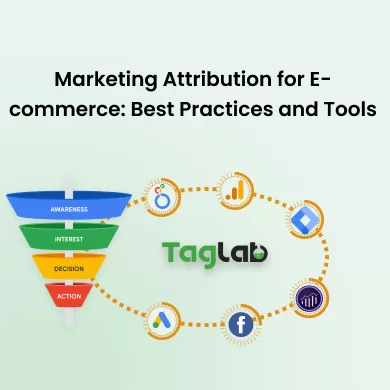Your cart is currently empty!
Social Media Analytics
Posted by:
|
On:
|
Social Media Analytics refers to the process of collecting, measuring, and analyzing data from social media platforms to understand user behavior, gauge the performance of social media activities, and inform decision-making. It involves tracking various metrics and key performance indicators (KPIs) to evaluate the effectiveness of social media strategies and campaigns.
Detailed Explanation
Social Media Analytics involves using tools and techniques to analyze data collected from social media platforms such as Facebook, Twitter, Instagram, LinkedIn, and others. The primary goal is to gain insights into how social media activities are impacting brand performance and user engagement. Key aspects include:
- Data Collection: Gathering data from social media platforms, including engagement metrics, audience demographics, and content performance.
- Metrics and KPIs: Tracking key metrics such as likes, shares, comments, impressions, reach, and click-through rates to measure the success of social media efforts.
- Analysis: Using analytical tools to interpret data, identify trends, and evaluate the effectiveness of social media campaigns and strategies.
- Reporting: Creating reports to summarize findings, highlight key insights, and provide recommendations for optimizing social media activities.
- Benchmarking: Comparing performance metrics against industry standards or competitors to gauge relative success.
By leveraging Social Media Analytics, businesses can refine their social media strategies, enhance engagement, and achieve better alignment with their overall marketing goals.
Key Points
- What it is: Social Media Analytics is the process of analyzing data from social media platforms to measure performance, understand user behavior, and guide strategic decisions.
- Why it matters: It provides valuable insights into the effectiveness of social media efforts, helps in identifying trends and patterns, and informs decisions to improve social media strategies.
- How to use it: Utilize analytics tools to collect and analyze data, track relevant metrics, generate reports, and use insights to optimize social media activities.
Examples
- Engagement Metrics: Analyzing likes, comments, shares, and mentions to assess how users are interacting with content.
- Audience Insights: Understanding demographic information and interests of social media followers to tailor content and campaigns.
- Campaign Performance: Measuring the impact of specific social media campaigns on traffic, conversions, and brand awareness.
Related Terms
- Social Media Marketing
- Data Analytics
- Content Marketing
- Engagement Metrics
Frequently Asked Questions
What is Social Media Analytics?
Social Media Analytics is the process of collecting and analyzing data from social media platforms to measure performance, understand user behavior, and optimize social media strategies.
Why is Social Media Analytics important?
It is important because it provides insights into the effectiveness of social media activities, helps identify trends and patterns, and informs decisions to improve engagement and achieve marketing goals.
How can businesses use Social Media Analytics?
Businesses can use Social Media Analytics by employing analytical tools to track and measure metrics, generate reports, and use insights to refine and optimize social media strategies and campaigns.
What are some common metrics in Social Media Analytics?
Common metrics include likes, shares, comments, impressions, reach, click-through rates, and follower growth. These metrics help gauge user engagement and campaign performance.
What tools can be used for Social Media Analytics?
Tools for Social Media Analytics include platforms like Google Analytics, Hootsuite, Sprout Social, Buffer, and native analytics tools provided by social media networks themselves.



